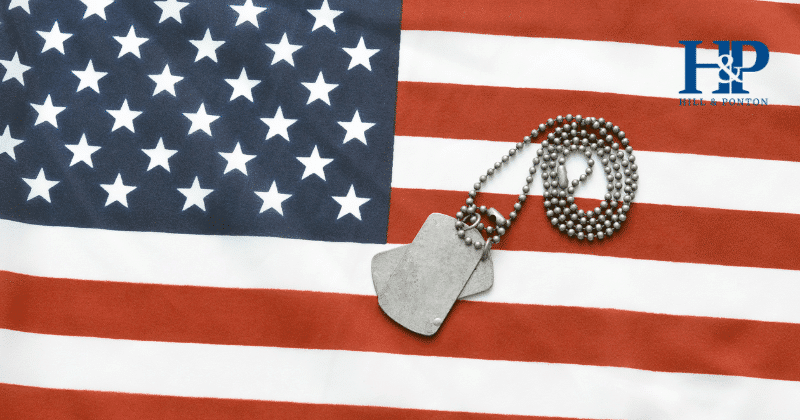According to a report conducted by the DAV there are twenty-seven areas of concern and initiatives on the table that are specific to women veterans in the sense that they have different chemical and structural make-ups.. Following is a brief synopsis of the first thirteen.
- A current and up-to-date central directory that includes mobile apps for available federal programs and services. The directory would need to be a joint effort between the Department of Defense [DoD], VA, and other federal agencies.
- As with the census, a system should be implemented that collects, analyzes, and publishes data based upon gender and minority status for every program that serves our veterans.
- Culture and organizational changes to ensure that women are respected and valued should be a priority for the VA and DoD.
- Collaboration between the DoD, VA and local community groups/organizations need to make available networking opportunities for women veterans to assist with the re-adjustment phase of military to civilian life.
- Establishment of child care services as a permanent program. This would aid tremendously in supporting health care, vocational rehabilitation, education, and employment opportunities.
- The VA should really look at the local community who has already established programs and services designed to aid in homelessness, finances, housing, etc.
- Life time health care services – “Public Law 110-181, first established in 1998 and expanded in 2007 by Congress, states that veterans returning from combat operations are eligible to enroll in VA health care for five years from the date of their most recent discharge without having to demonstrate a service-connected disability OR income requirement.” In a nutshell, five years is not a very long time.
- Increase engagement and treatment of family members in post-deployment health care. The VA; however, must be praised for its efforts in this arena; however, many gaps still exist with the lack of gynecologists on staff at VAMCs representing one of the most critical – only 1/3 of VAMCs have one on staff.
- Improved access to gender-specific healthcare. [Refer to comments made in #8]
- Removal of the existing barriers women face with mental health care.
- A system for tracking and reporting on the experiences women receive in Veterans Treatment Courts.
- The DoD should take a stronger stance on military sexual trauma [MST]. They need to accept that it is a crime and should be dealt with accordingly. A no tolerance policy should be established.
- Resources must be allocated by the DoD designed to change the military culture when it comes to MST. Their existing program known as Sexual Assault Prevention and Response Office [SAPRO] needs to continue to evaluate and study its successes and failures in an effort to prevent MST.
The above 13 recommendations cover a number of general recommendations, as well as touch on specific areas of need such as health care services, veteran’s justice initiatives, and MST. I have only touched the surface with these first 13 key recommendations; however, in the next edition (Part III) I will examine other pertinent issues women face including family/community, education, transition [specifically the Transition Assistance Program or TAP], employment, housing and, of course, disability compensation.
Women veterans have been “invisible” for far too long. It’s way past time for a change!


